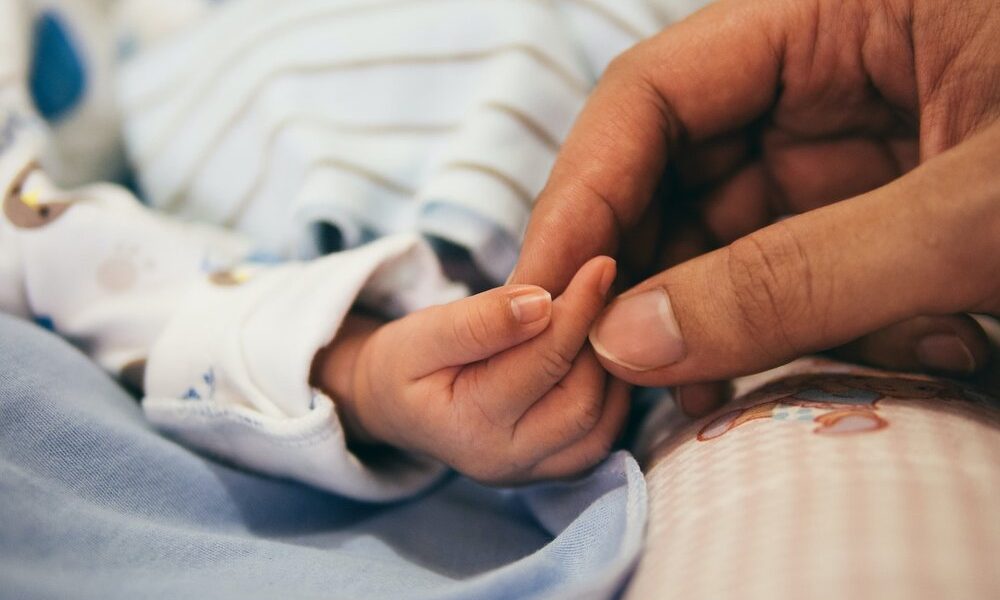
Healthy Eating During Pregnancy: What to Eat And What Not to Eat?

Pregnancy is a wonderful and joyous experience. But have you ever noticed that when people find out you’re expecting, they take it as a sign to give all sorts of advice? Quite often (sometimes even without you asking), people start giving you inputs on what you should do and eat during pregnancy.
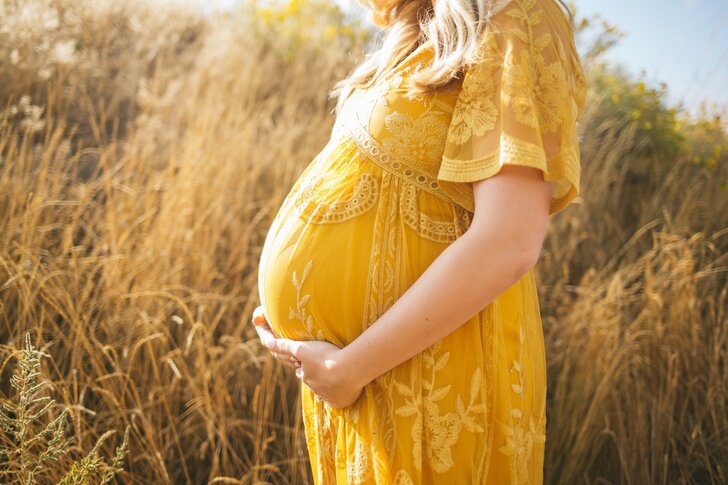
Unsplash | There’s often much confusion around what a pregnant woman should and shouldn’t eat
While their concern is appreciable, what’s problematic is that with so much information flowing in, it becomes quite difficult to analyze what would work best for you and your baby. After all, every woman’s body is different, and so are every unborn child’s needs.
Cutting through the noise and focusing on experts’ recommendations, we’ve compiled some pregnancy food rules that are worth paying attention to. Have a look.
Read – Can Pregnant People Get COVID-19 Vaccine?
Nutrients you need more during pregnancy
Folic acid
Folate is a vitamin that helps to prevent neural tube defects in your baby. These are more likely to occur during the early stages of pregnancy. As per the ACOG guidelines, pregnant women should consume 600 micrograms of folate daily.
But that much amount is difficult to get from food sources. Hence experts recommend supplementing with prenatal vitamins starting at least one month before you start trying to be pregnant and continuing for the first three months.
Iron
Your body needs iron to transport oxygen through your blood, and during pregnancy, this requirement increases manifold. If you don’t get enough iron, you’re more likely to develop anemia resulting in generalized weakness. Consuming iron-rich foods like red meat, poultry, spinach, soybeans, and vitamin C-rich foods allows better absorption of iron.
Read – Pregnancy-Friendly Iron-Rich Foods
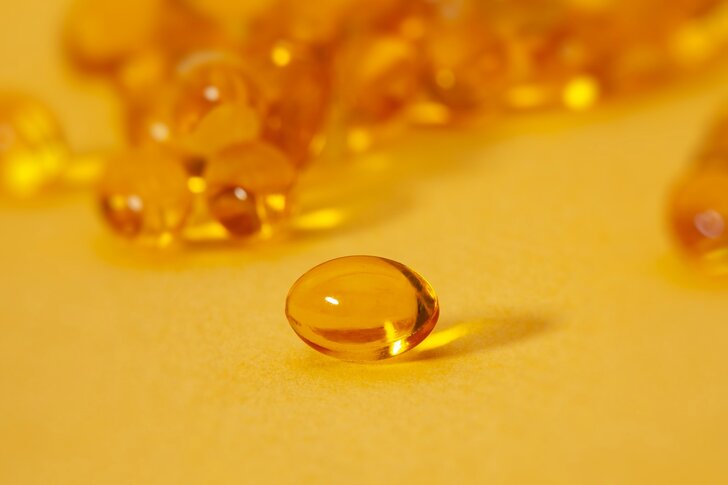
Unsplash | Doctors suggest including appropriate measures of folate and iron in the diet
Foods to avoid during pregnancy
High mercury fish
Fish, being rich in proteins and omega-3 fatty acids, is considered to be an excellent food to have in pregnancy. Omega-3 fatty acids help your baby’s brain to develop. And hence it’s recommended that you have at least 2 servings of fish per week. However, on the flip side, fish containing excessive mercury, like swordfish, marlin, shark, and tilefish, can cause birth defects and hence should be completely avoided in pregnancy.
Unpasteurized dairy products
The problem with the consumption of these foods is that all of them come with a high risk of contamination. For instance, unpasteurized products often carry listeria and other diseases, and food like hot dogs and lunch meat, when left in the open without refrigeration, increases the risk of getting infected. That being said, it is also true that you can get food poisoning from any food. It’s just that it tends to happen more frequently with these foods.
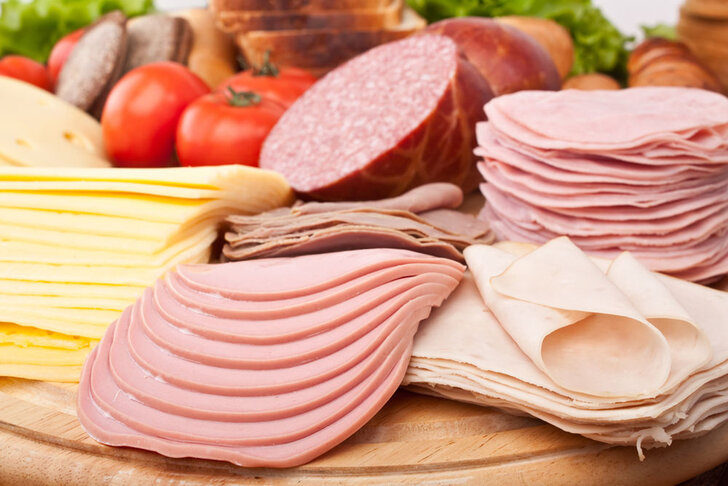
Dreamstime | Consuming raw food, especially meat and unpasteurized dairy, should be avoided
Summing it up
Yes, in your pregnancy, you’re “eating for two,” but that doesn’t mean you ought to double the quantity of food you eat. Your calorie intake, too doesn’t need to increase all of a sudden. All you need to take care of is taking the required nutrients in the proper quantities.
More inHealthy Trends
-
`
Why Are Men Taller Than Women? New Genetic Study Finds Clue
For centuries, the average height difference between men and women has been noticeable—men generally stand about five inches taller. While environment...
July 23, 2025 -
`
How Upcycled Beauty Ingredients Are Reshaping the Industry’s Future
The beauty industry is going through a big shift — and it’s not just about trends. As waste problems grow and...
July 17, 2025 -
`
A Look Inside Faith Kipyegon’s Groundbreaking Mile Run in Paris
Last week in Paris, Faith Kipyegon returned to a place she knows well: Stade Sébastien Charléty. But this time, she wasn’t...
July 9, 2025 -
`
Dairy Is Making a Major Comeback — And Health Shoppers Are Loving It
Just a few years ago, dairy sat quietly in the back seat while plant-based alternatives took the spotlight. Now, it’s stepping...
July 4, 2025 -
`
Does Aging Cause Dental Problems?
Aging doesn’t automatically mean losing teeth or developing gum disease. In fact, older adults today are holding onto more of their...
June 25, 2025 -
`
How Upcycled Ingredients Are Shaping the Future of Cosmetics
What used to end up in bins or compost heaps is now finding a new life inside skincare bottles and beauty...
June 18, 2025 -
`
Rock Legend Rod Stewart Trains to Break Sprint Record at 80
Age isn’t slowing Rod Stewart down. Known worldwide for his legendary voice, stadium-filling tours, and timeless hits like “Maggie May”, the...
June 11, 2025 -
`
The Truth Behind Detox Diets – Health Boost or Risky Trend?
It’s hard to scroll through your feed without seeing someone sipping green juice with promises of instant energy, glowing skin, and...
June 3, 2025 -
`
Is Dr. Oz Fit to Lead Medicare?
The announcement of Dr. Mehmet Oz as President-elect Donald Trump’s pick to lead the Centers for Medicare and Medicaid Services (CMS)...
May 29, 2025











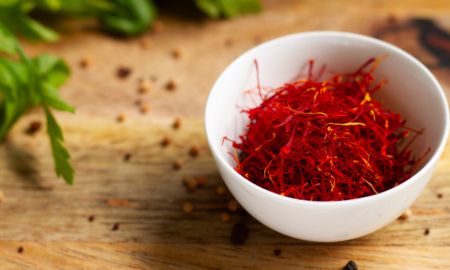


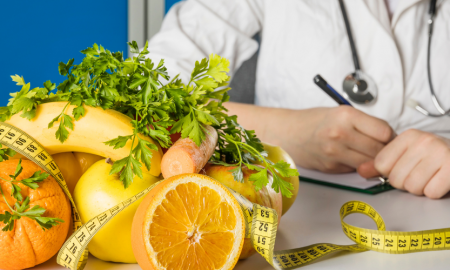
You must be logged in to post a comment Login